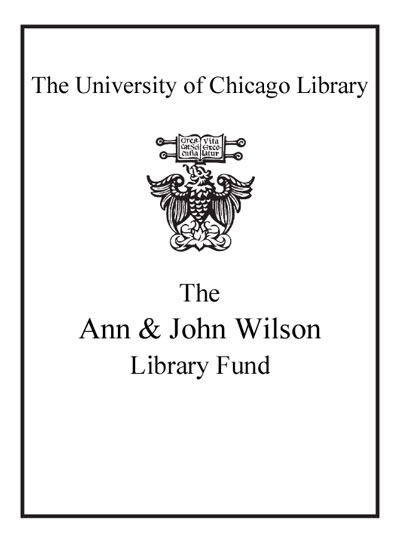Writing an applied linguistics thesis or dissertation : a guide to presenting empirical research /
Saved in:
| Author / Creator: | Bitchener, John. |
|---|---|
| Imprint: | Basingstoke [England] ; New York : Palgrave Macmillan, 2010. |
| Description: | xi, 216 p. : ill. ; 23 cm. |
| Language: | English |
| Subject: | |
| Format: | Print Book |
| URL for this record: | http://pi.lib.uchicago.edu/1001/cat/bib/7924293 |
Table of Contents:
- Preface
- Acknowledgements
- 1. Background
- What is the book about?
- Who is the book for?
- Why has the book been written?
- How does the book meet the content, structure, linguistic and presentational needs of students?
- How is the book organized?
- What is the sample masters thesis about and why has it been selected?
- How can this book be used?
- Furthe reading
- 2. Abstract
- Introduction
- The functions of a thesis abstract
- The content and structure of a thesis abstract
- Analysis of a Masters thesis abstract
- Analysis of a Doctoral thesis abstract
- A key linguistic feature of a thesis abstract
- Frequently asked questions
- Further activities
- Further reading
- 3. Introduction
- Introduction
- The functions of a thesis introduction
- The content and structure of a thesis introduction
- Analysis of a Masters thesis introduction
- Some key linguistics features of a thesis introduction
- Frequently asked questions
- Further activities
- Further reading
- 4. Literature Review
- Introduction
- The functions of a thesis literature review
- The content and structure of a thesis literature review
- Conclusion of the literature review
- Some key linguistic features of thesis literature reviews and approaches to processing the literature
- Frequently asked questions
- Further activities
- Further reading
- 5. Methodology
- Introduction
- The functions of a thesis methodology chapter
- The content and structure of a thesis methodology chapter
- Sample analysis of WTC thesis methodology chapter
- Some key linguistic features of a thesis methodology chapter
- Frequently asked questions
- Further activities
- Further reading
- 6. Results
- Introduction
- The functions of a thesis results chapter
- The content and structure of a thesis results chapter
- Sample analysis of a Masters thesis results chapter
- Quantitative results
- Some key linguistic and presentation features of a thesis results chapter
- Frequently asked questions
- Further activities
- Further reading
- 7. Discussion of Results
- Introduction
- The functions of a thesis discussion of results
- The content and structure of a thesis discussion of results
- Sample analysis of a Masters thesis discussion of results
- Some key linguistic features of a thesis discussion of results
- Frequently asked questions
- Further activities
- Further reading
- 8. Conclusion
- Introduction
- The functions of a thesis conclusion
- The content and structure of a thesis conclusion
- Sample analysis of a Masters thesis conclusion
- Some key linguistic features of a thesis conclusion
- Frequently asked questions
- Further activities
- Further reading
- Appendix

